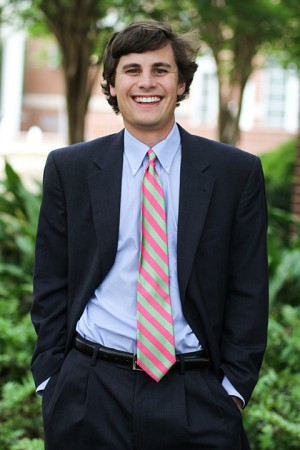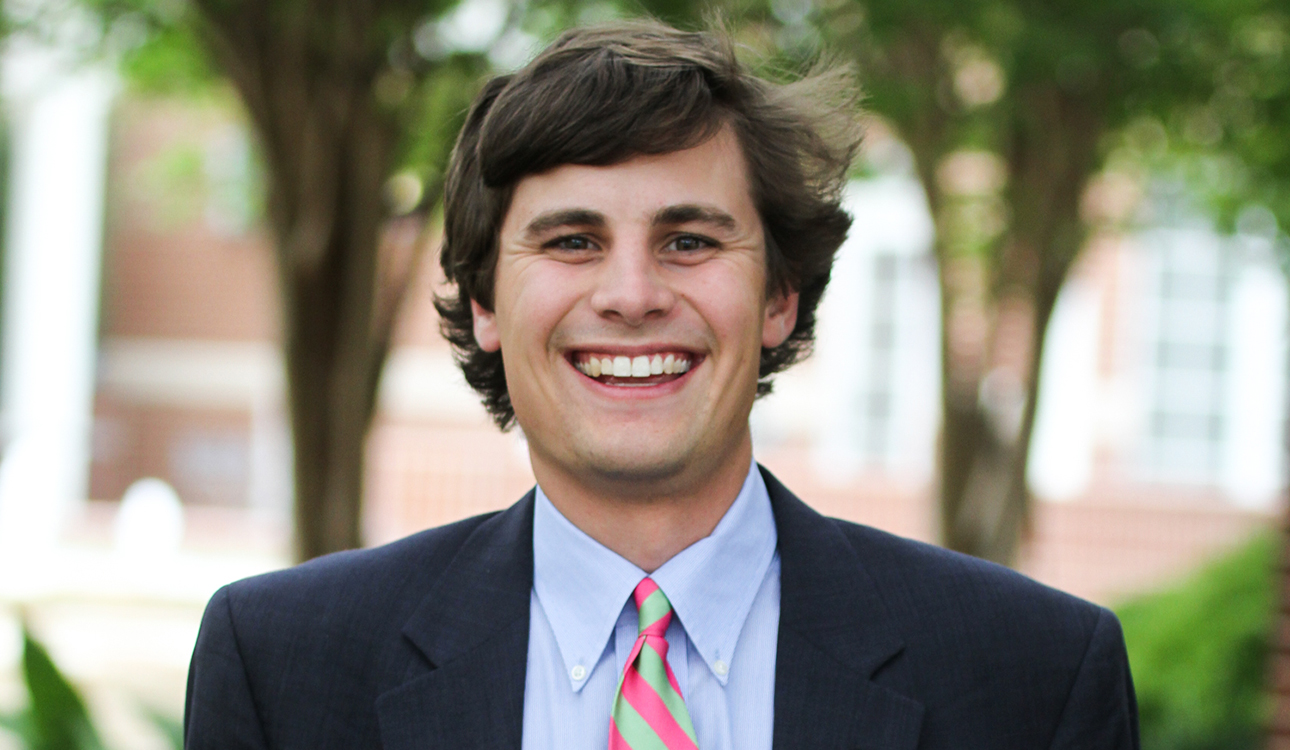
By Kalli Damschen
Staff writer
UPDATED: 12:15 a.m. April 16, 2015
Students voted Houston junior Pearson Brown student body president for the 2015-16 school year in a runoff election on Thursday. Brown defeated Frisco sophomore James Porter by a margin of 1,555 to 912 votes.
“The support I have is just unreal,” Brown said. “I can’t wait to serve and I can’t wait to give back because I’ve seen what this university can do through my friends.”
Brown ran on a three-tiered platform of Ignite, Launch, Soar. His three steps focused on addressing cost of tuition increases, getting organizations more involved on campus and building relationships between alumni in hiring positions and Baylor students.
Brown said his first priority is getting off to a quick start. He said he hopes to work with Arlington senior Dominic Edwards, student body president, to build relationships and work toward his goals.
“My goals continuing to have the right people around me who push me to do things for the right reasons,” Brown said. “We’re not here for our name, we’re here to glorify God, we’re here for Baylor and we’re here to have fun.”
While the student body elections resolved Thusday, the results for a proposed constitutional amendment remain undetermined.
The “Constitutional Amendment for Addition of Appellate Procedure” was authored by Roswell, N.M., junior and Chief Justice Cody Coll and Texarkana, Ark., senior and Deputy Chief Justice Daniel Pellegrin. Senators Chase Hardy, James Porter and Emily Neel sponsored the amendment in the Student Senate.
The constitutional amendment provides for the addition of appellate procedure for the Student Court.
“The Constitution outlines the court’s original and appellate jurisdiction, and the current Constitution only provides a procedural outline for original jurisdiction cases,” Coll said. “In the judicial system, with an appellate case the judicial body hearing the appeal is not initiating a new trial.”
Several low-profile appellate cases this semester brought the lack of appellate procedure in the Constitution to the attention of Coll and Pellegrin, who set about authoring the bill and gaining the support of the Senate.
The purpose of appellate cases is to see whether the lower court “made an error, either in its procedure or its reasoning,” according to Coll, and so there is no need for certain aspects of an original jurisdiction trial, including witnesses, evidence and a pre-trial hearing.
“In the appellate cases, both sides are given the opportunity to present written summaries of what happened in the lower court and their arguments, and that’s what the court makes its ruling on,” Coll said.
The amendment was available for students to read through the online student election and explains both the reason for these changes and the proposed appellate procedures.
Prior to the student elections, the Senate passed the bill at the regular session last Thursday.
“The Senate makes recommendations to the student body for these constitutional amendments, which the student body then either ratifies or does not ratify,” Coll said.
Shehan Jeyarajah contributed to






